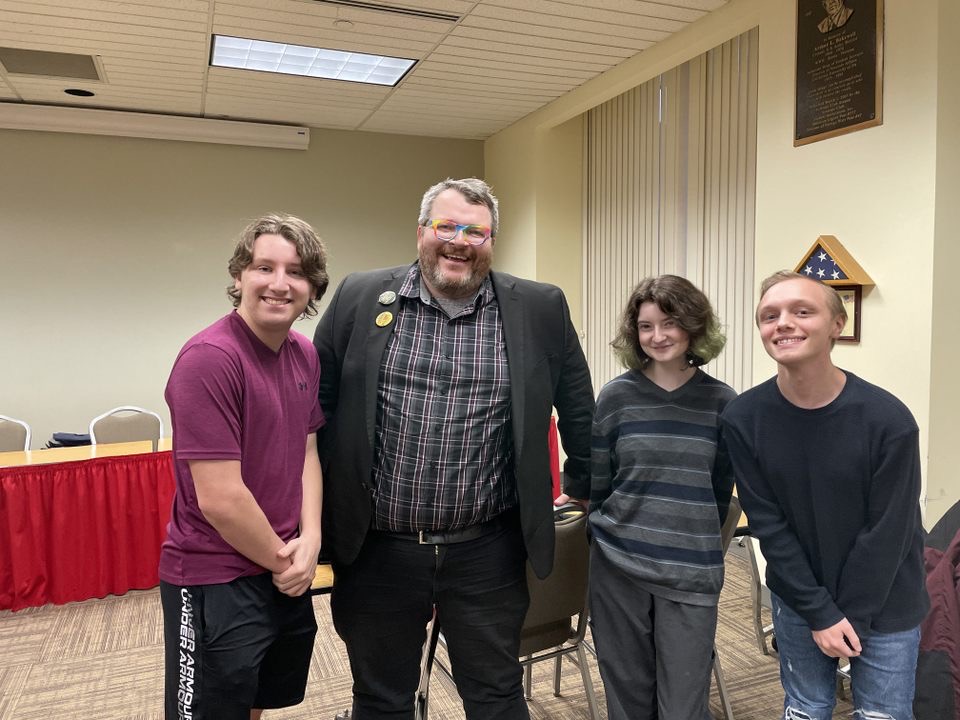As the 2024 presidential election approaches, college students closely monitor candidates’ proposed economic policies, which could significantly influence their futures. Rhonda Gifford, Executive Director of Experiential Learning and Employer Engagement and Interim Executive Director of the PennWest Career Center, shared insights on how these policies might impact job availability and industry trends for graduates.
Gifford believes that the economic strategies outlined by presidential hopefuls could substantially affect the job market. She cautioned that initiatives focused on reducing national debt or imposing stricter regulations might constrain job openings in specific sectors. When discussing which industries may feel the most impact from the candidates’ proposals, Gifford highlighted several key areas.
“The technology sector, renewable energy, manufacturing, and healthcare are likely to be influenced by the candidates’ stances on innovation, environmental issues, and healthcare reform,” Gifford explained.
This indicates that students should pay close attention to the candidates’ platforms to better understand the future landscape of their chosen fields. In light of current job market trends, Gifford urged students to remain adaptable.
“As they consider their career paths, students must be prepared for various work environments—whether in-person, remote, or hybrid,” Gifford advised.
Essential skills such as technical proficiency, communication, organization, project management, and teamwork are increasingly important. With the rise of artificial intelligence, students who can effectively integrate technology into their work will have a competitive edge. Gifford also pointed out the growing prevalence of freelance and contract work, emphasizing the importance of navigating and balancing these opportunities in certain industries.
Students should also be aware of emerging fields that have gained traction due to recent economic trends. Gifford identified several growing industries.
“Green technology is expanding due to policies that promote environmental sustainability; cybersecurity is seeing increased demand in response to rising digital threats; healthcare technology innovations are creating new career pathways; and the growth of e-commerce and logistics is driven by the boom in online shopping,” Gifford explained.
At PennWest, there is sustained interest in fields such as healthcare, social services, technology (particularly software development, cybersecurity, and data analysis), business, education (with a focus on special education and STEM), and energy and environmental sciences. Gifford encourages students to pursue their passions and identify their niches within these sectors to enhance their career readiness.
When it comes to the skills that will be in demand as a result of candidates’ proposed policies, Gifford emphasized that these will vary by career field. Students can access valuable information about specific skills necessary for various professions on the Job and Salary Data page on the Career Center’s website. Professionalism, career development, and a commitment to equity and inclusion are becoming increasingly important to employers.
In light of the shifting economic landscape, Gifford’s most valuable advice for students is to remain adaptable and proactive. By taking full advantage of the Career Center and other campus resources during their college years, students can better prepare themselves for success, regardless of the industry or economic climate.
As the presidential candidates outline their economic policies leading up to the election, college students must stay engaged. For students to make informed decisions about their future, they must understand how these proposals might affect job markets and skill demands. With the right preparation and support, students can navigate the complexities of the evolving job landscape and graduate ready to make their mark.








